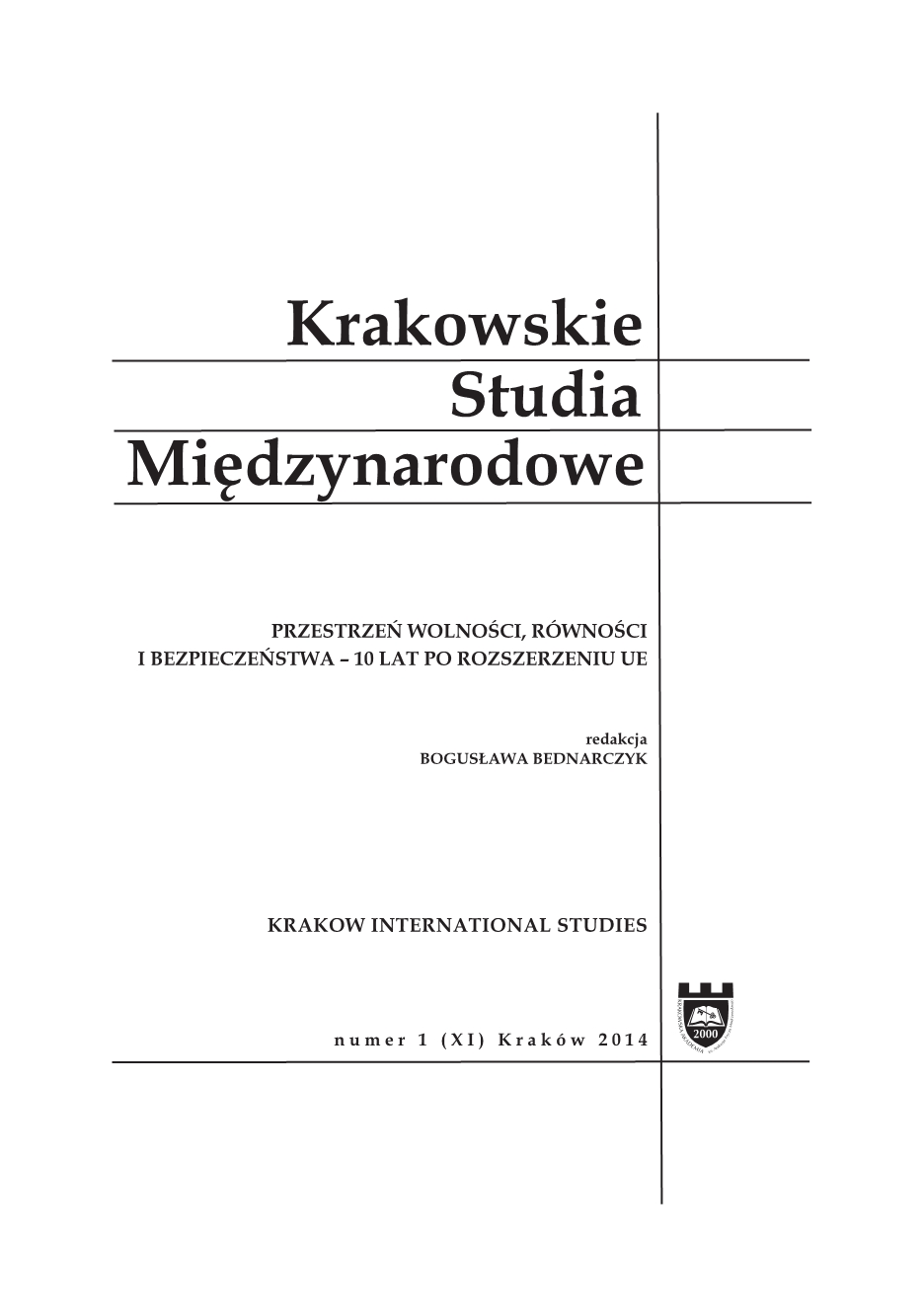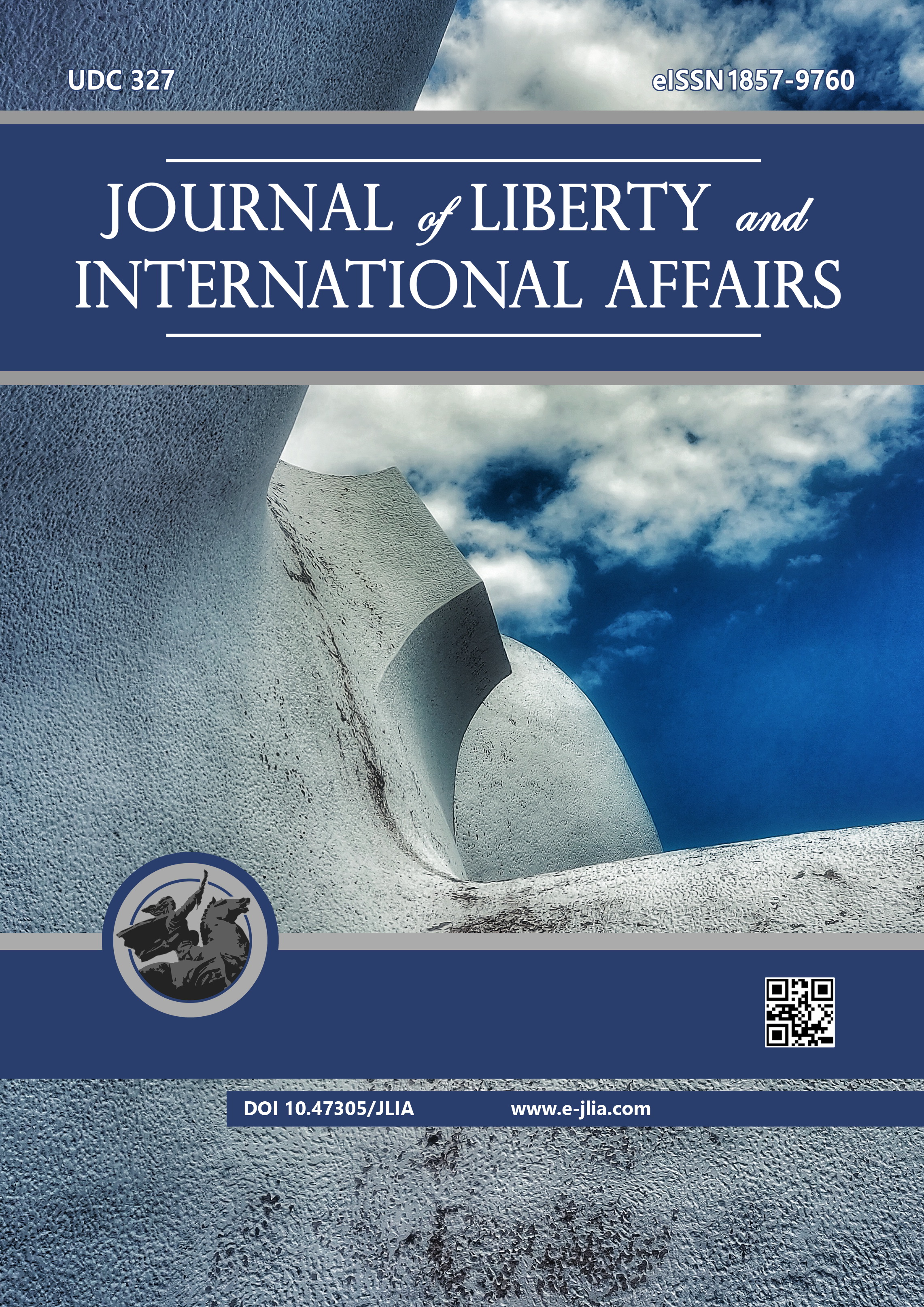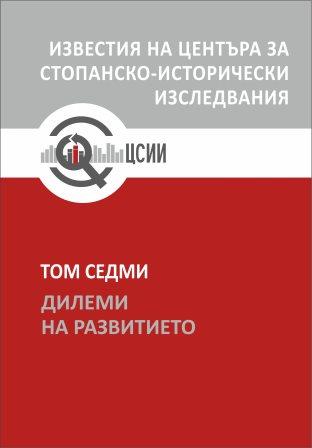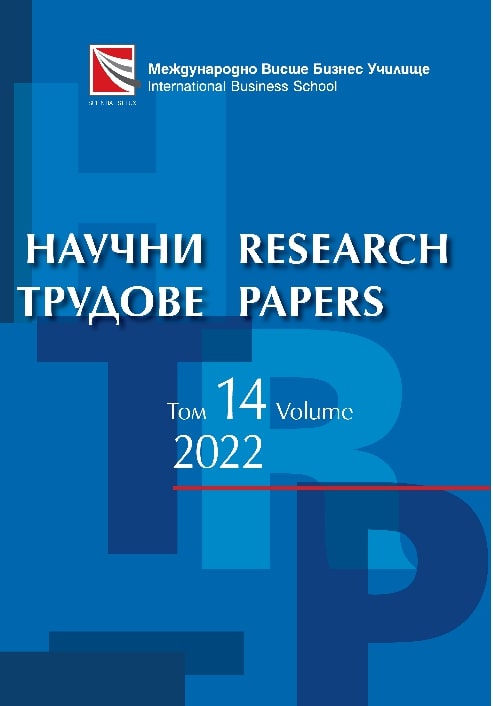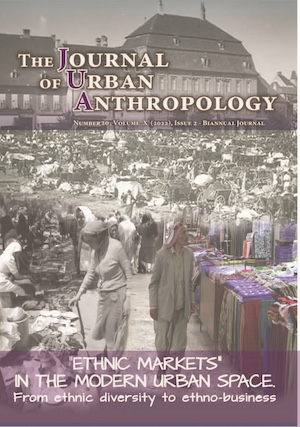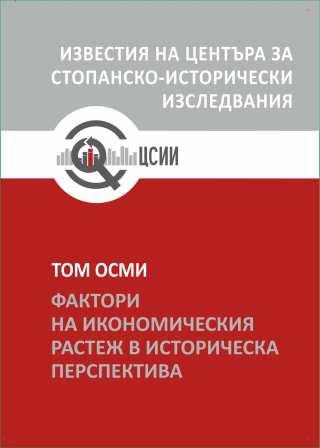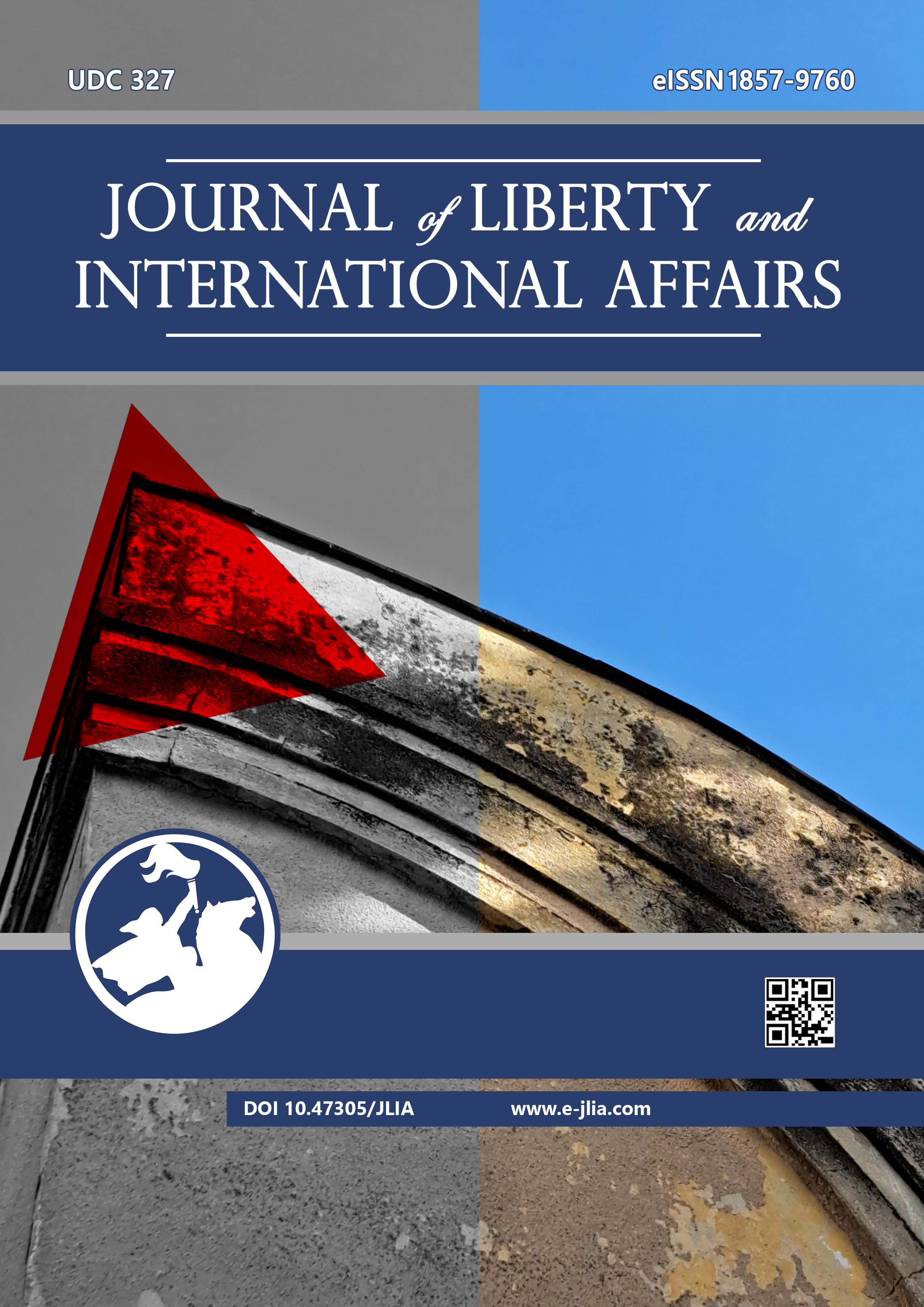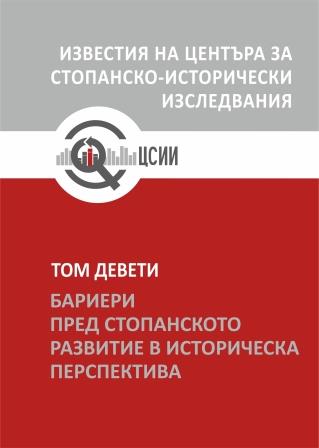Author(s): Aleksandar Zlatanov / Language(s): Bulgarian
Issue: 1/2023
The paper aims to review several perspectives on when and how the Bulgarian lands (Ottoman Rumelia) were integrated into the world system of capital? And in what capacity – as periphery, semi-periphery, or something else? For this purpose the prism of the so-called world-system analysis will be used. World-systems theory was developed in the early 1970s by the American sociologist and historian Immanuel Wallerstein (1930 – 2019). The theory was influenced by various world-renowned scholars such as C. Polanyi, N. Kondratiev, I. Prigozhin, A. Smith, J. Schumpeter, etc., but above all by the tradition of the French Annales School and Braudel’s concept of the „longue durée“. In 1976 Wallerstein founded the „Fernand Braudel Center for the Study of Economies, Historical Systems and Civilizations“ at Binghamton University, which with its academic journal „Review“, became the most influential intellectual centre for the application of world-system analysis. At the end of the 1970s, Wallerstein posed for the first time the research questions: when exactly and how was the Ottoman Empire incorporated into the system of global capital? Was this incorporation a singular event, or were the different regions of the empire – Rumelia, Anatolia, Syria, Egypt – incorporated at different times? A few years later, from the early 1980s, Wallerstein, and his collaborator Reşat Kasaba, answered these questions by placing the full incorporation of the Ottoman Empire into world-economy in the period 1750–1839. By reviewing Wallerstein and Kasaba’s main arguments, as well as the data and research that has accumulated, we will try to find out whether their claims are still valid today or need some refinement? The paper aims to review several perspectives on when and how the Bulgarian lands (Ottoman Rumelia) were integrated into the world system of capital? And in what capacity – as periphery, semi-periphery, or something else? For this purpose the prism of the so-called world-system analysis will be used. World-systems theory was developed in the early 1970s by the American sociologist and historian Immanuel Wallerstein (1930 – 2019). The theory was influenced by various world-renowned scholars such as C. Polanyi, N. Kondratiev, I. Prigozhin, A. Smith, J. Schumpeter, etc., but above all by the tradition of the French Annales School and Braudel’s concept of the “longue durée”. In 1976 Wallerstein founded the “Fernand Braudel Center for the Study of Economies, Historical Systems and Civilizations” at Binghamton University, which with its academic journal “Review”, became the most influential intellectual centre for the application of world-system analysis. At the end of the 1970s, Wallerstein posed for the first time the research questions: when exactly and how was the Ottoman Empire incorporated into the system of global capital? Was this incorporation a singular event, or were the different regions of the empire – Rumelia, Anatolia, Syria, Egypt – incorporated at different times? A few years later, from the early 1980s, Wallerstein, and his collaborator Reşat Kasaba, answered these questions by placing the full incorporation of the Ottoman Empire into world-economy in the period 1750–1839. By reviewing Wallerstein and Kasaba’s main arguments, as well as the data and research that has accumulated, we will try to find out whether their claims are still valid today or need some refinement?
More...
